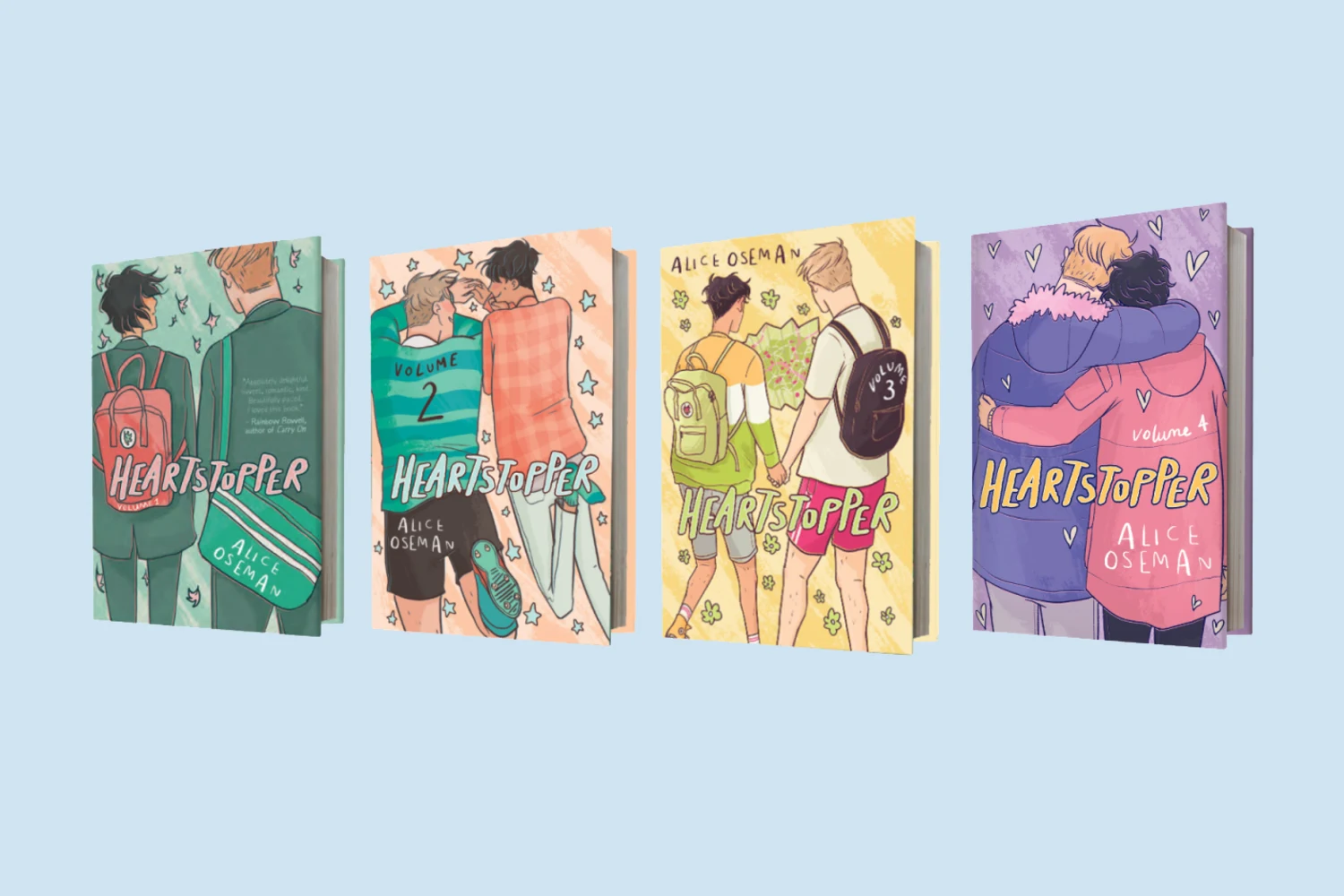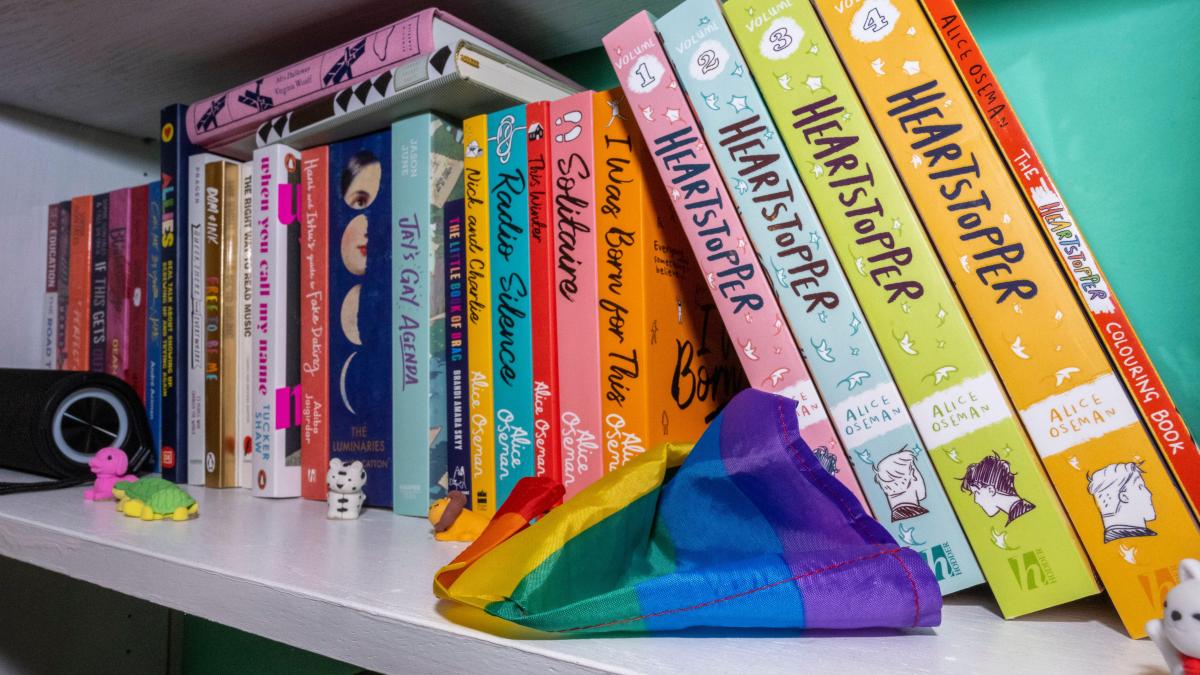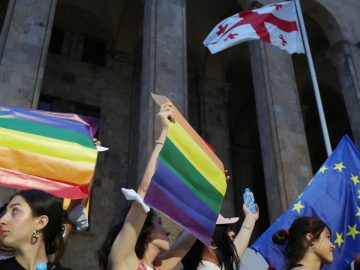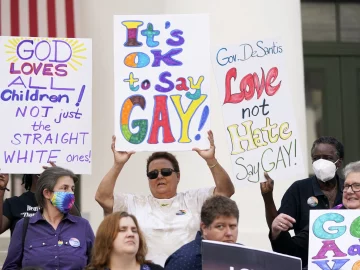The Lira bookstore chain was fined 12 million forints. This fine was imposed due to the sale of Alice Osman’s comic book “Heartstopper”, which tells the story of the romantic relationship of two young men.
Heartstopper сomics: Lira fined for violating Hungarian laws
Recorded in the history of the Hungarian book trade, a fine of 12 million forints, equivalent to approximately 32,000 euros, was imposed on the Lira bookstore chain for selling books with homosexual content in an “inappropriate form” – without a clear plastic wrapper. Lira, the main competitor of state-owned Libri, faced such a fine for the first time in its history. The object of the dispute was Alice Osman’s comic book “Heartstopper”, which tells about the romantic relationship of two young men..
According to Hungarian law, books with content considered unsuitable for children must be packaged in transparent film to prevent access to the content by minors. However, Lira broke this rule by selling the “Heartstopper” comic without such packaging. As a result, they were fined a record amount, causing outrage and controversy in the community.

According to Cristiana Nyari, Líra’s creative director, there are many ambiguities in the Child Protection Act, making it difficult for retailers to comply if they do not understand what is required of them. “One can argue about what books should be provided to children aged 3-4 years, whether they should contain sexuality or not. But this decision should be made by the parents, as previously stated by the state. However, now the state is trying to interfere in everything. It is absolutely unacceptable for teenagers aged 16 or 17 to have someone else determine what they are allowed to read,” Nyari said. Líra management said it would use all available legal means to challenge the decision and have it overturned.
Ban on visiting the exhibition for minors: the situation in Budapest
The Hungarian National Museum has banned minors from visiting the international exhibition World Press Photo, even with parental consent. The decision came after several photographs in the exhibition depicted members of the LGBT community in the Philippines. Parliamentarians said the images violated a recently passed law banning the dissemination of LGBT propaganda to minors. Now, persons under 18 years of age cannot visit the museum, even with parental permission. The exhibition organizers expressed their apologies and noted that this is the first time such a situation has occurred in Europe.
This decision caused public discontent and led to widespread debate about freedom of expression and access to information. Many critics argue that banning minors from the exhibition is a form of censorship and a restriction of citizens’ rights to receive information. The organizers of the exhibition expressed regret over the situation and emphasized that their goal was simply to show the diversity of world journalistic photography. However, the museum and the deputies who supported the ban insist on the need to comply with the law and protect the rights of minors.

The ban on visiting the exhibition caused a stir not only within the country, but also abroad. Many international human rights organizations expressed their disagreement with this decision, calling it discriminatory and violating the principles of freedom of speech. They call on the Hungarian authorities to reconsider this decision and ensure equal access to cultural events for all citizens, regardless of age. At the same time, supporters of the ban argue that this is a necessary measure to protect young people from negative influences and propaganda that could affect their worldview and moral values.




